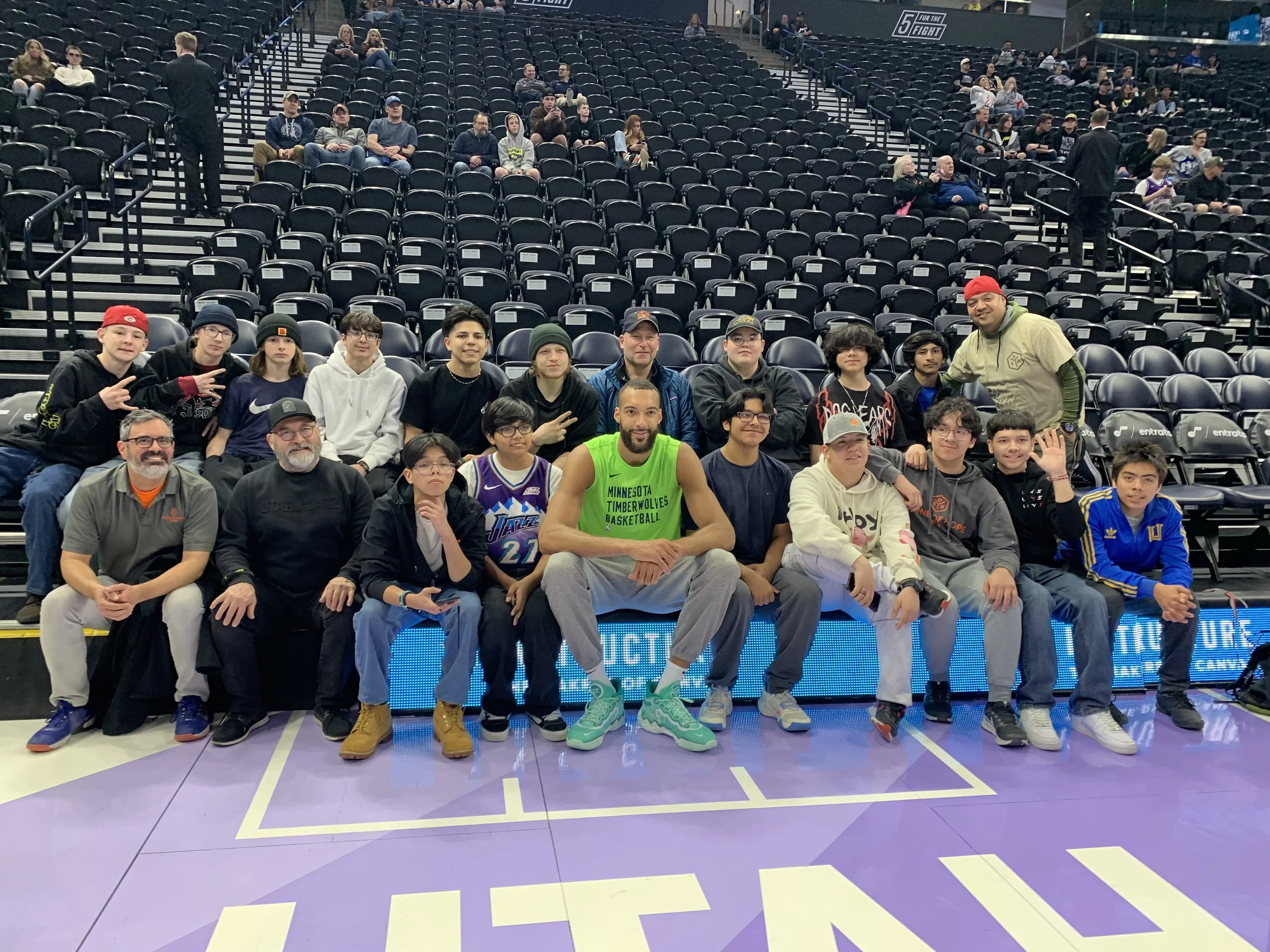“With this faith, we will be able to hew out of the mountain of despair a stone of hope.”
- Martin Luther King Jr.
In 1989, in a small inner city classroom in Houston, TX, a 5th grade boy was tasked with memorizing and reciting this portion of Martin Luther King Jr.’s “I Have a Dream Speech.”
Garden Villas Elementary, Houston, TX
35 years later he is making those words a reality for underserved youth in West Valley City, UT. Having grown up in poverty, having had friends who were murdered and in gangs growing up, Nick Gonzales always had a dream of starting a program for at-risk youth, and out of that dream Stone of Hope Youth was born.
Current Impact
Stone of Hope Youth serves 80+ youth ages 10 - 18 in grades 5 - 12. It is a weekly, after school mentorship program with the unique approach of mentoring youth all year long and throughout their primary and secondary school years, 8 years in all. As a lifelong public educator, Mr. Gonzales works closely with the counselors and principals at the schools to get recommendations for students who need extra support, who may come from single parent households and who may live below the poverty line. Those students are then ushered into the Stone of Hope Youth mentor program and come weekly to learn skills that will help them become successful students and eventually, flourishing adults. Through the Positive Youth Development framework known as the “5 C’s,”* students learn competence, confidence, connection, caring/compassion and character as they participate in discussions, games and sports activities. Additionally we implement the Dave Ramsey Foundations Personal Finance Curriculum in our middle and high school mentor sessions in an effort to help students break the cycle of, what is often, generational poverty in their families. Each week the youth are led by an amazing team of directors and mentors who serve as role models and provide consistency and structure that, often, are not something the students experience in their daily lives.
*For a comprehensive list of Richard M. Lerner’s research and studies, please visit the Institute for Applied Research in Youth Development (IARYD) website





